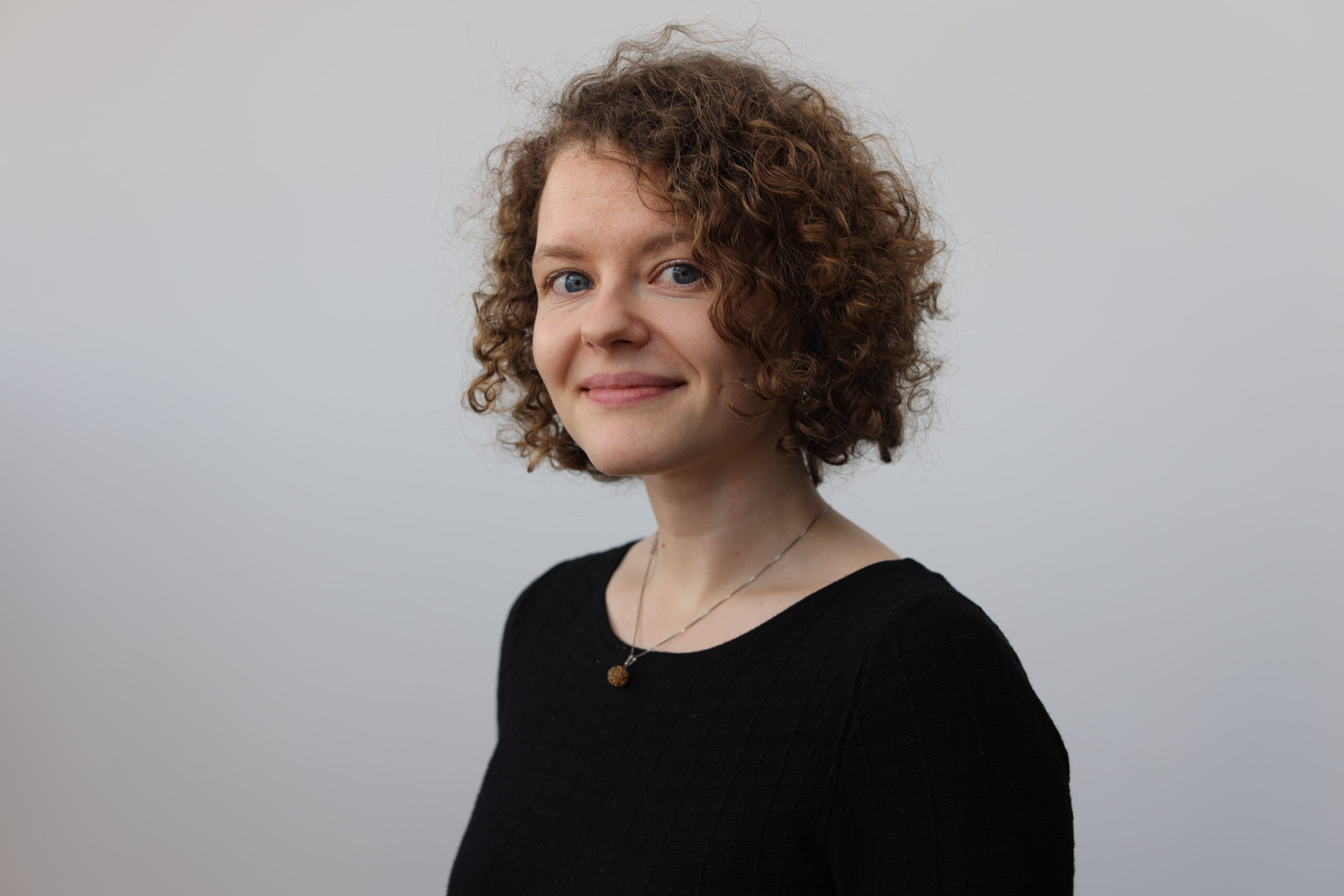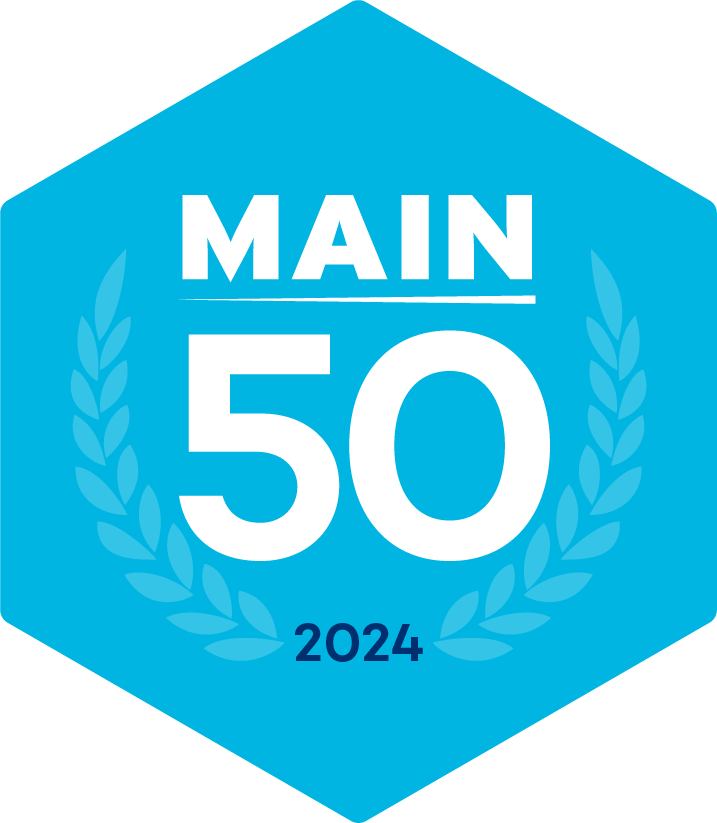Join HERpower for an interesting talk with Jane Usoskina, an experienced solution architect and advocate for creating healthier work environments in tech.
From mastering complex technical roles to overcoming burnout, Jane’s journey is all about embracing challenges and finding balance.
Meet Jane!
Bio
Jane Usoskina is a solution architect with over 10 years of experience in technology transformation across various industries, from start-ups to large multinationals. She excels at understanding complex systems and solving challenging problems and is known for her collaboration skills, eagerness to learn and drive to deliver results.
Jane holds two first-class Master’s degrees: computational physics from the University of Edinburgh and data-driven analysis from King’s College London. Outside of work, Jane loves exploring, having traveled to over 50 countries, often as a solo backpacker, and has lived in five countries.

The Conversation
Question: Hi Jane, thanks for joining HERpower. To start, can you introduce yourself?
Jane: Hi, I’m Jane. I live in London, and I’m a senior solutions architect, currently with Cynozure, a data, analytics, and AI company. I work with a variety of clients across different industries, helping them with their data and technology needs. My role involves understanding their current setup, making improvements, and sometimes solving specific problems they face.
Question: How did you end up in this role? Was it related to your studies, or did your career take a different path?
Jane: My background is in physics. I was fascinated by programming during my first year of university, which led me to switch from pure physics to computational physics. This involved simulating experiments on a computer, which I found much more engaging. After graduation, I decided to pursue a career as a software developer. I joined a company with a strong grad scheme, which trained me in software development.
As I progressed, I found that I enjoyed working directly with clients and solving their problems more than just coding. This led me to roles in technical training, pre-sales solutions engineering, and product management. About six or seven years ago, I became a solutions architect, focusing on solving client issues in a post-sales context. Following that, I started working independently, consulting on larger software architecture projects, before joining Cynozure as a permanent employee.

Question: You’ve certainly navigated a lot of transitions, many in male-dominated fields. What’s it been like to be a woman in such technical roles?
Jane: It’s been a journey. Growing up, I was fortunate to come from a family of academics—both my parents are physicists, my grandma was a database administrator, and my granddad was an engineer. My family always encouraged my interest in math, so I grew up confident in my abilities. University was mostly male-dominated, but I didn’t think much of it then. It was only when I started working as a software developer that I felt the impact of being one of the few women in the room. I think it got to unhealthy levels where I just burnt out a couple of times during jobs. Imposter syndrome kicked in, and I’d work through the night, feeling like I really needed to prove myself. I tried harder and harder, and it was very much self-imposed because I never had a manager actively tell me to do that. But eventually, burning out was a wake-up call to start taking better care of myself and trying to even out my life balance, which definitely helped.
Over time, I learned to manage this better by taking care of myself, setting boundaries, and balancing work with personal interests.
Question: It’s great to hear how you’ve managed to balance things out. What did you do to achieve it?
Jane: I realized I needed to address burnout head-on. I created an action plan which included seeing a therapist to work through my imposter syndrome. I also started exercising regularly—running and climbing, which I still enjoy. I began scheduling non-work activities in the evenings, like a woodworking course where I made a wooden box. These activities became habits that helped me maintain a better balance and stay productive during work hours.
Question: I know you also write* (find Jane’s articles below) about your experiences as a female solutions architect. What’s the main message you want to share, and what inspires you to write?
Jane: During my university years, I didn’t think of myself as a “female physicist”—I simply saw myself as a physicist. It wasn’t until I began working that I became more conscious of being a woman in a male-dominated field. Initially, I resisted labeling myself as a woman in tech because I feared it might imply I wasn’t skilled enough or that I was being categorized based on my gender rather than my abilities. But when I received messages from women saying my presence inspired them, I realized that sharing my journey could offer value. By opening up about my experiences, I hope to show that facing and overcoming challenges is a normal part of any career, especially in fields where you might feel out of place. By discussing these experiences openly, I hope to inspire others to embrace their own paths and feel empowered to overcome their challenges.
Question: That’s a great perspective. Can you share your thoughts on mentorship and how it has played a role in your career?
Jane: I believe mentorship has been incredibly valuable as it provides support and perspective that can make a significant difference. I’ve had mentors, both male and female, who guided me through my career. They’ve offered advice, support, and inspiration.

Question: Reflecting on your journey, what’s one major challenge you’ve faced in your tech career, and how did you overcome it?
Jane: One major challenge was the “sink or swim” environment I encountered in smaller companies. Often, I’d be thrown into situations where I had to quickly get up to speed with new systems and clients. It was stressful and challenging, especially early in my career. I think more structured training and support for new employees, particularly those new to the industry, would be beneficial. Larger companies might offer better support in this regard, but it’s a crucial aspect for everyone.
Question: If you could give advice to your younger self at the start of your career, what would it be?
Jane: I’d tell myself to worry less about what others think and just be myself. Early on, I tried to fit in by mimicking interests I didn’t actually have, like football or cars. I now realize that being genuine and focusing on my own strengths is much more fulfilling. It’s better to stand out by being yourself than to blend in by pretending to be someone you’re not. Remember, just by being in the room, you’re changing the norm.
Question: Great advice. And finally, if you could switch jobs with someone for a day, what would you choose and why?
Jane: I’d love to try something completely different from tech, like being a nature guide or climbing instructor. The idea of spending a day outdoors, helping people explore and appreciate nature, sounds incredibly appealing. Of course, I’d need to be well-qualified for it, but it’s something I’d enjoy exploring.
Question: As we wrap up, could you share something about your home country and its culture?
Jane: Sure! I consider myself to have three home countries—Russia, Finland, and the UK. I’ll talk about Finland, where I grew up after moving from Russia. I lived in a city called Oulu, about 200 kilometers south of the Arctic Circle. The summers there are amazing, with long days where the sun barely sets, and the winters have perpetual darkness. The natural beauty, with forests, lakes, and cycling paths, made it a fantastic place to grow up. It’s a place I hold dear and recommend everyone visit, especially the northern parts—it’s stunning.
More From Jane
If you wish to connect with Jane feel free to reach out to her via LinkedIn.
Also, read more about Jane in her articles:





